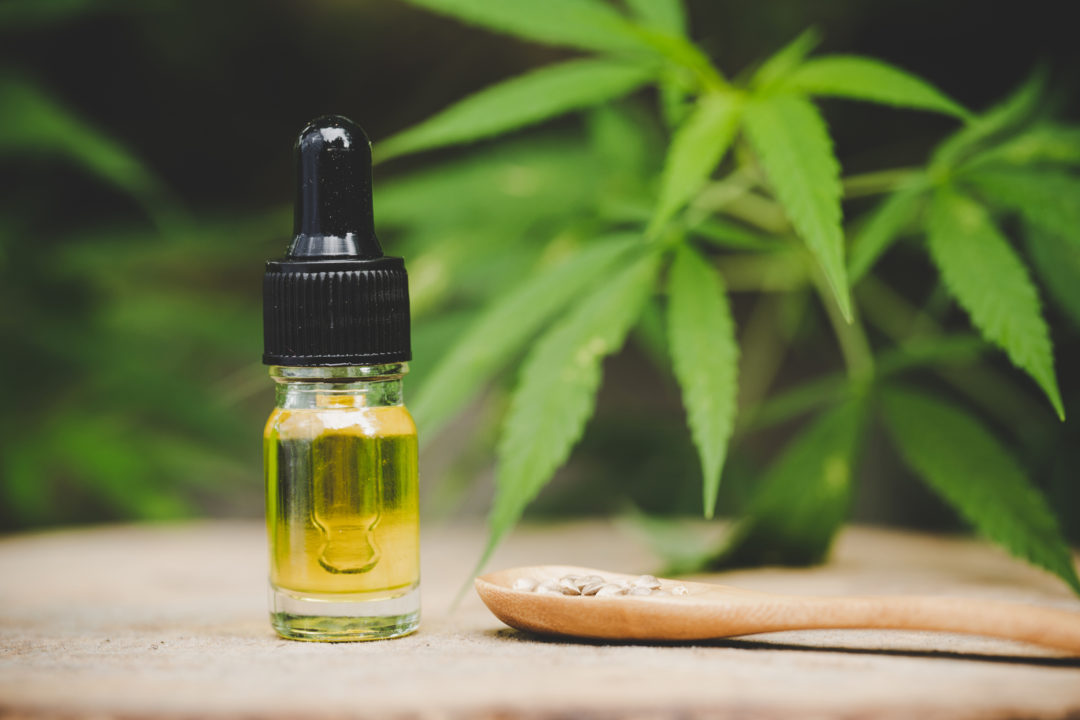The researcherscompiled a list of 57 medicationsthat may not function as intended when used with medical cannabinoids, CBD oil, and marijuana, a press release explains. The list was published inMedical Cannabis and Cannabinoids, and is intended to help health care professionals make safe prescribing choices for patients who use cannabinoid products.
To develop the list, the researchers looked at the prescribing information for four prescription cannabinoid medications. This includes a list of enzymes in the body that process the active ingredients in those medications, including THC and CBD. They compared that information to prescribing information from common medications to identify where there may be overlap, called a drug-drug interaction.
Related: House Approves Measure Allowing Military Troops to Use CBD CBD May Help Prevent Lung Destruction in COVID-19, Researchers Report Vote Hemp Petition Calls for Congress to Up THC Levels in Hemp
The list contains drugs ranging from heart medications to antibiotics and antifungals, the press release says. An example: Warfarin, an anticoagulant, has a potential drug-drug interaction with cannabinoid products. Warfarin, like the other drugs on this list, has a narrow therapeutic index, meaning that they are prescribed at specific dosages that are high enough to help but not high enough to cause harm. The researchers who performed the study caution that medical professionals need to consider this potential drug-drug interaction both when prescribing warfarin to patients taking cannabinoid products and when prescribing cannabinoids to a patient taking warfarin.Kent Vrana, Professor and Chair of Pharmacology at the College of Medicine, advises that patients should be honest with their health care providers about the use of cannabinoid products, to help ensure the safe and effective use of prescribed medications. He notes that this is particularly important when those products are taken recreationally. “Unregulated products often contain the same active ingredients as medical cannabinoids, though they may be present in different concentrations,” he said. “The drug-drug interaction information from medical cannabinoids may be useful as medical professionals consider the potential impact of over-the-counter or illicit cannabinoid products.”
In addition to this list—wherein the medications all have a narrow therapeutic index—a comprehensive list of 139 medications that could have a potential drug-drug interaction with a cannabinoid is available online. Vrana and his co-researcher, Paul Kocis, Pharmacist at Penn State Health Milton S. Hershey Medical Center, plan to continually update this list as new medications are approved and real-world evidence accumulates.










